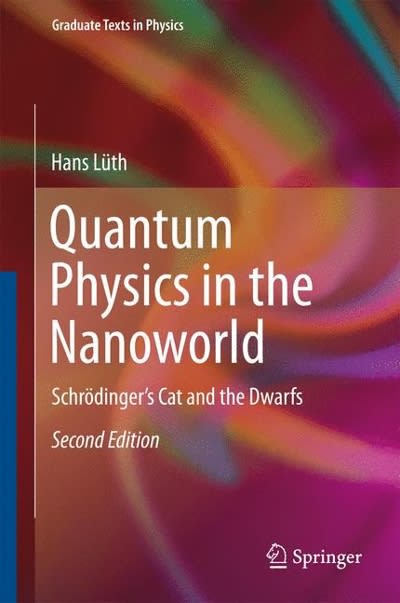Question
read this before answering: https://www.storybehindthescience.org/_files/ugd/790356_27bb73605ac04388bd467143864582f4.pdf questions: 1. Many people wrongly believe that scientists begin by making extensive observations of the natural world, and then form
read this before answering: https://www.storybehindthescience.org/_files/ugd/790356_27bb73605ac04388bd467143864582f4.pdf
questions:
1. Many people wrongly believe that scientists begin by making extensive observations of the natural world, and then form their ideas by analyzing those observations. How does the way in which Galileo formed his ideas indicate that this is not the case? What role, if any, did observation play for Galileo? How does the mathematical approach to understanding the natural world counter the typical model of "the scientific method"?
2. While Newton's ideas about circular and rectilinear motion were inconsistent, he would eventually develop a way to describe all motion using the same set of general laws. Why might scientists seek coherence in their ideas that will apply to all situations rather than have different laws for different cases?
3. While Newton did a great deal of work on his own, in what ways did he draw upon others to develop his ideas about motion? How does this illustrate the importance of collaboration in science?
4. Newton did not collect any novel data, and yet he created a radically new way of thinking about motion, one that is still taught in classrooms today. If not to account for new findings, why were Newton's ideas about motion scientifically preferable to the ideas that came before? What does this illustrate about the goals of science?
Step by Step Solution
There are 3 Steps involved in it
Step: 1

Get Instant Access to Expert-Tailored Solutions
See step-by-step solutions with expert insights and AI powered tools for academic success
Step: 2

Step: 3

Ace Your Homework with AI
Get the answers you need in no time with our AI-driven, step-by-step assistance
Get Started


